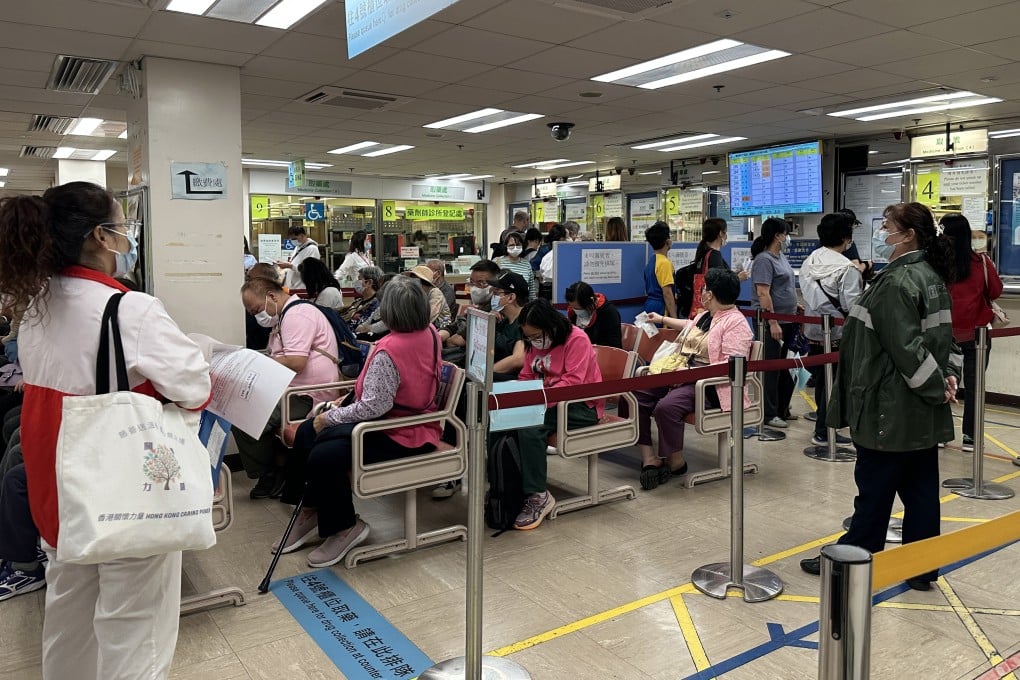Explainer | Here’s all you need to know about Hong Kong’s coming medical fee changes
Revamped public healthcare charges are set to take effect on January 1 next year. We break down how patients will be affected

Big changes are coming to the fees people pay in Hong Kong’s public healthcare system under reforms that aim to support the neediest patients.
Under the revamp, set to take effect on January 1 next year, the government is seeking to bring down the rate it subsidises public healthcare by, from 97.6 per cent, among the highest in the world, to 90 per cent by 2030.
The Post breaks down the coming reforms and how they will affect patients.
1. Why is the government adjusting fees?
Reforms are needed to address structural challenges in the healthcare system, according to Secretary for Health Lo Chung-mau.
The healthcare system has an underlying imbalance, where the public sector employs 49 per cent of the city’s doctors but takes care of more than 90 per cent of patients requiring hospitalisation.
About 50,000 patients with major illnesses have to pay out of their own pockets for drugs and treatments that are not subsidised by the government. Nearly 2,000 paid more than HK$100,000 (US$13,000) a year, with some spending over HK$1 million.
Public hospital patients can spend as little as HK$15 for a 16-week supply of drugs such as asthma medication, which can cost more than HK$3,000 in the private sector.